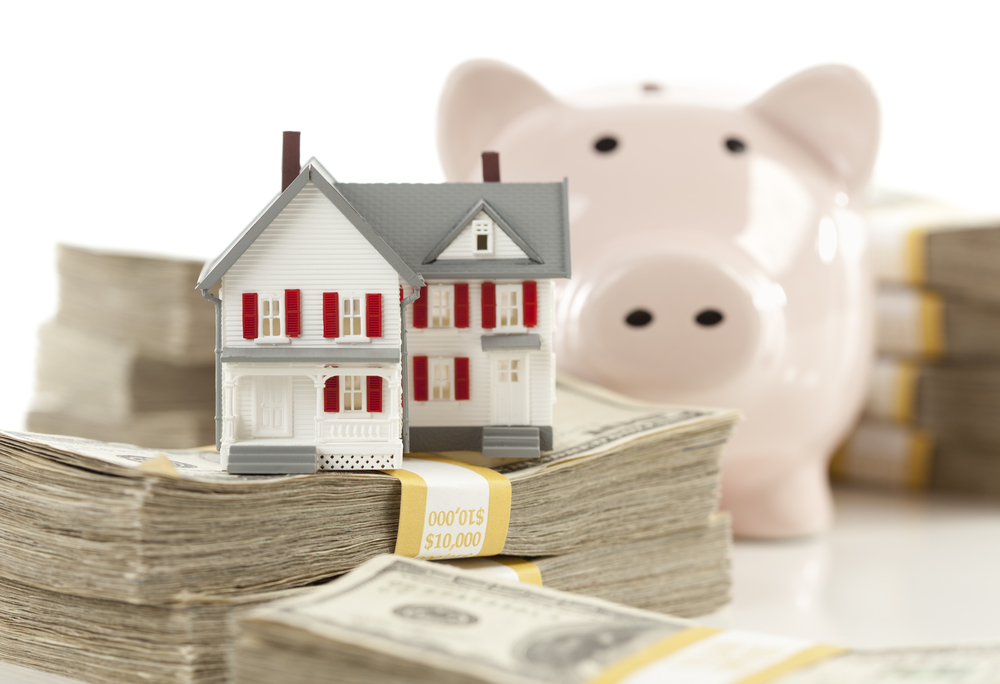If you are planning to buy a house, you may be left wondering how will you make the down payment? The budget you need to set aside for your down payment depends on several factors like the price of the house, your gross income, and the loan financing. It is crucial to evaluate your financial ability before you starting to look for new homes and choosing your price range.
How Much Should You Save?
This is one of the most important questions that you should be asking. You can begin by listing your down payment savings goal based on your income and the price of the house that you wish to buy. Many banks and financial institutions have an affordability calculator that allows you to determine your affordability range by plugging in your salary, debt, down payment, and location information.
Mortgage lenders can also review your salary details and inform you about the mortgage that you would qualify for. Some lenders have mortgage solutions that will allow you to pay less than 20% of the price for the down payment through a special provision like low deposit loans by adding your monthly mortgage payment with private mortgage insurance.
Deposit Your Savings and Windfalls
You have to be disciplined in making regular contributions to accumulate sufficient funds for your down payment. You can open a separate savings account and set up automatic monthly payments that will help you build a substantial sum for your down payment. In addition to these regular contributions, bank and windfalls like salary bonus, pay raise, income tax refund, to boost your savings.
Create a Separate Emergency Fund
As you are working toward reaching your financial goals, unexpected situations may arise and take a toll on your savings. To avoid your down payment savings from taking a hit, create a separate emergency savings fund to support you in emergency situations like health issues, unemployment, accidents, and so on.
Review your Budget and Cut Back on Expenses
Once savings becomes your regular habit, you can add more cash into your saving account by adopting one or all of the below options:
- Skipping leisure travel
- Canceling gym membership
- Cutting back on your clothing and entertainment budget
- Having a spend-free weekend each month
- Selling any unnecessary stuff online
- Adjusting your insurance premiums
- Paying with cash instead of credit

A down payment is only part of the costs you will incur when you buy a new home. You will also require a large sum of money once the house purchase has been completed. This cash would be required to pay closing costs, real estate taxes, utility adjustments, and insurance. Besides, lenders may require you to have a certain amount of cash in your account as they want to ensure that you are capable to make your first loan repayment.
How Can A Mortgage Professional Help You?
Down payment and the additional costs associated with purchasing a house may seem overwhelming to a potential buyer. If you are looking to buy a house, you can hire a good mortgage professional who will help you understand the financial breakdown of all the costs associated with purchasing a house, review your financial documents, and help you make an informed purchase decision. The mortgage professionals at Rex Homes have more information on what you can do to save better on their blog here: https://blog.rexhomes.com/down-payment-savings-guide/

